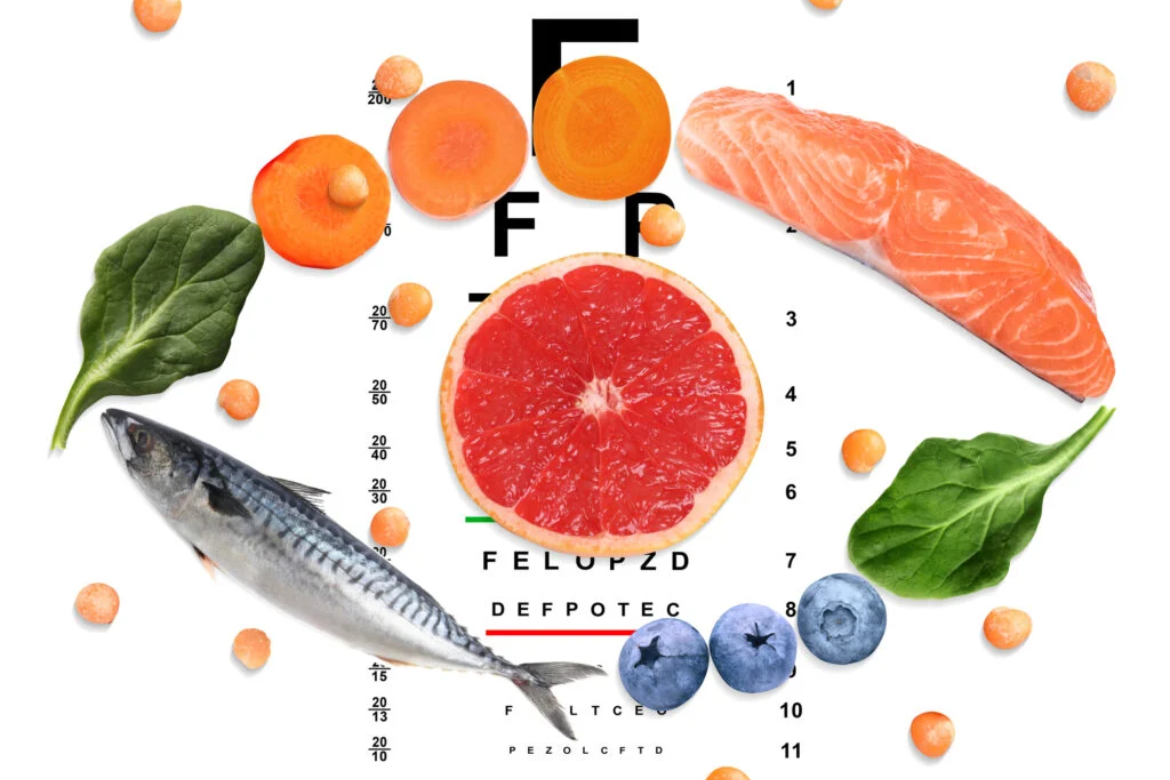
Lutein & Zeaxanthin: Strong antioxidants have numerous positive health effects in protecting your eyes. Yellow carotenoid antioxidants lutein and zeaxanthin are known as macular pigments that shield your eyes from damaging blue light and UV radiation from the sun.
Vitamin A: The photoreceptors—the light-sensing cells—in the eyes must keep healthy, which requires vitamin A. Without this vitamin, serious eye disorders like dry eyes and night blindness may occur. One of the most prevalent causes of blindness is vitamin A deficiency.
Vitamin E: Cataracts and age-related macular degeneration can be prevented or at least delayed by vitamin E. Vegetable oils, including sunflower oil, almond, hazelnut, wheat germ oil, papaya, etc. are rich sources of vitamin E.
Vitamin C: As a powerful antioxidant, vitamin C helps shield cells from the harm caused by oxidation, which happens naturally. Additionally, it keeps our eyes healthy and shields them from UV ray damage.
Zinc: The retina and the layer of vascular tissue underneath the retina have significant concentrations of zinc, an important element (choroid). To produce melanin, an eye pigment that serves as a screen to protect our eyes from dangerous light, such as the sun’s UV rays, zinc’s main role is to transport vitamin A from the liver to the retina.
Essential fatty acids: Omega-3 fatty acids EPA and DHA are essential to maintain eye health. Problems with eyesight might result from a DHA deficiency, particularly in youngsters. Increased omega-3 consumption relates to a reduction in dry eye syndrome symptoms.
What foods should we eat to maintain eye health?
Fish: Cold-water fish that are oily and high in omega-3 fatty acids, such as salmon, tuna, sardines, and mackerel, aid to enhance tear quality and hence avoid dry eyes, macular degeneration, and cataract development.
Eggs: Eggs are a significant source of zinc, vitamins C, and E. Its abundant vitamin A shields the eyes from night blindness.
Nuts: Hazelnuts are high in vitamin E and omega-3 fatty acids, which can improve our eye health. Almonds, pistachios, walnuts, peanuts, and even peanut butter are also high in these nutrients.
Seeds: Sunflower and flax seeds are both high in zinc, vitamin E, and antioxidants. It helps to improve the health of our eyes.
Leafy Greens: The carotenoids lutein and zeaxanthin found in spinach and kale, which are high in vitamins C and E, help slow the progression of macular degeneration.
To achieve the average daily dietary intake level to satisfy the needs of virtually all healthy people in a certain life stage and gender group, we advise including the above items in your diet. Ask our eye care specialist at Dayal Eye Hospital for further information and guidance. Seek medical help before making any dietary changes based on your conditions.

